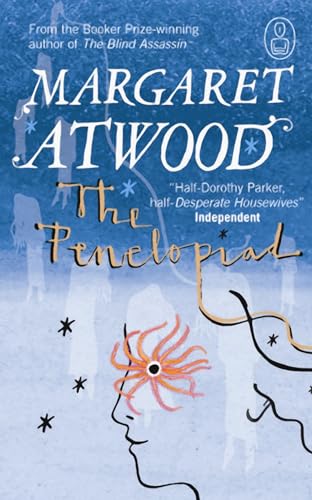


Sailed as well, in the dark frail boats of ourselves The maids made a similar, though very different, journey as well:Īnd we, the twelve who were later to die by his hand Through the dangerous ocean of his vast mother he sailed.

In his frail dark boat, the boat of himself, Indeed, as his childhood playmates - but not his equals, as the chorus makes clear when singing of Telemachus’s birth. It was not fair “Spawned, merely, lambed, farrowed, littered”Ītwood imagines these twelve women as young as Telemachus. In their first appearance as the chorus, they sing: That carnage is followed by Odysseus’s order to Telemachus to kill the twelve maids for betraying their role and status as house slaves by going to bed with the suitors. After all, he was on the battlefield for ten years, and now it’s another ten years on with no word from him regarding his whereabouts or homecoming.Ītwood envisions as many as one-hundred-and-twenty of these suitors, all of whom are slain at the end of The Odyssey by Odysseus, his twenty-one-year-old son Telemachus and two helpers. These imperious young bucks been eating her out of house and home while laying siege to her as a marriage prize once, as they expect, she finally sees reason and recognizes that her husband will never come back from Troy.

The twelve maids are the young slave women who became the sexual partners of the bullying, oppressive, arrogant dandies, gathered at Odysseus’s home to seek the hand of Penelope. Penelope has been known through the centuries as the epitome of the faithful wife for waiting twenty years for the return of Odysseus, but, in the context of modern-day feminism, that seems a narrow-minded, restrictive pigeon-hole in which to put her. In The Penelopiad, her 2005 revisualization of The Odyssey from the point of view of Penelope, Margaret Atwood uses the queen of Ithaca’s twelve maids as a Greek chorus to comment on the action - including their own brutal execution by hanging.


 0 kommentar(er)
0 kommentar(er)
